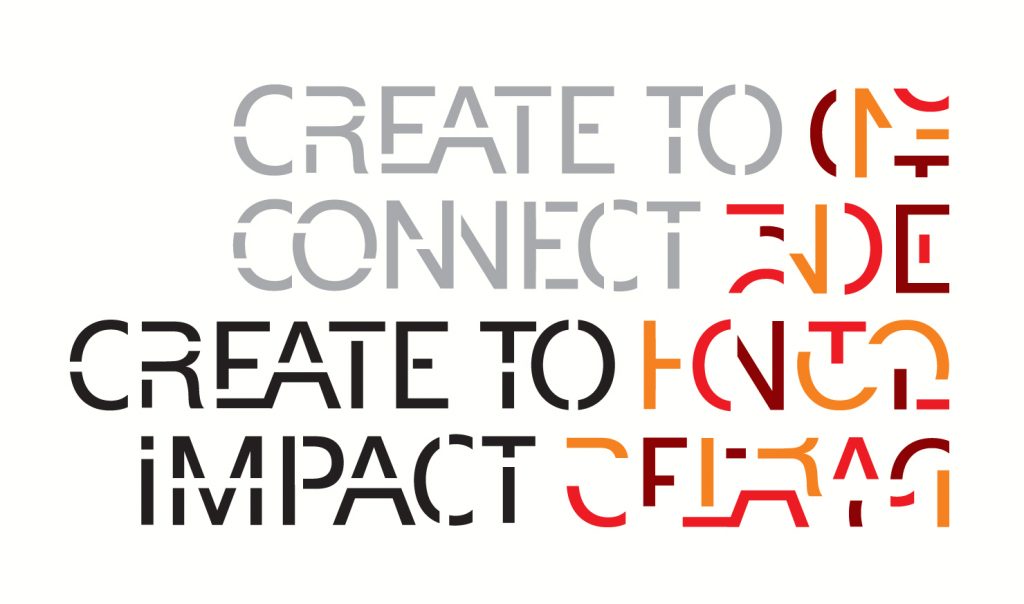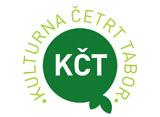Institute for Labour Studies: YEAR 19, lectures
Year 19: Productivity
The Old Power Station in Ljubljana has traditionally hosted lectures by the Institute for Labour Studies. This will be the 19th year of the lectures, this time on the topic of productivity. Until the end of April, the lectures will be held every Thursday at 7 p.m. in the Union Hall (Sindikalna dvorana) by the Old Power Station.The speakers will include, among others: David Harvie, Chris O’Kane, Benjamin Noys, Christoph Henning, Tibor Rutar, Primož Krašovec, Urban Sušnik, Samo Tomšič, Lea Kuhar, Uroš Kranjc, Simon Hajdini …
In every social system so far, individuals had to produce their own means of subsistence to preserve their own lives, which suggests that some kind of “productivity” lies in the very basis of survival of both individuals and the human species as a whole. It seems, however, that today, “productivity” is more or less equated with “profitability”, and has thus essentially become a means of ideological legitimation of a wide range of political and private interests. Under the imperative of “productivity-based society”, the welfare state is being dismantled, the “wasteful” public sector privatized, the “rigid” and “declining” labour sector is being made more flexible, and the ideology of “human capital” is being spread whereby every step in life of an individual is perceived as an investment in the future and “in oneself”. Whether we like it or not, we have to consider whether any decision we make (be it the choice of food or education) “is worth it”, since only such a decision appears to be “rational”.
This year, the speakers will undertake critical analysis of the concept of productivity and its role in the capitalist production mode. Through historical analysis and theoretical intervention, they will firstly analyse the relationship between productivity and various modes of production, and then reflect critically on the concept of productivity within the capitalist mode of production through different Marxist discourses. In doing so, they will focus on the definition of productivity in the productive and reproductive spheres of society; on a critical analysis of the discourse of productivity on the Left and Right; on the evaluation of different ideologies of productivity associated with constant economic growth as a precondition of human welfare and social progress; on the role of theories of productivity within imperialist policies; on the discourse of productivity through post-Keynesian critical analysis; and so on.
Lecture 1: January 28 at 7 p.m.
Tibor Rutar: Labour productivity in the past and the present: from the property relations to the social development patterns
Lecture 2: February 4 at 7 p.m.
David Harvie: Productivity and the War over Measure: Wealth, Value and Values
Lecture 3: February 11 at 7 p.m.
Uroš Kranjc: Productivity in the light of private property and technology, and the excluded masses
Lecture 4: February 18 at 7 p.m.
Urban Sušnik: Capitalism and the curse of the gift of Prometheus
Lecture 5: February 25 at 7 p.m.
Primož Krašovec: Productivity, freedom and the police
Lecture 6: March 10 at 7 p.m.
Christoph Henning: Productivity: a Contested Concept in the History of Political Economy and Critical Theory
Lecture 7: March 17 at 7 p.m
Chris O’Kane: Reification and the Critical Theory of Society: Production, Reproduction and Crisis
Lecture 8: March 24 at 7 p.m
Samo Tomšič: Production for the Sake of Production – Producing Capitalist Subjectivity
Lecture 9: March 31 at 7 p.m
Lea Kuhar: Reflective Conviction of Productivity
Lecture 10: April 6 at 7 p.m
Benyamin Noys: THE MONSTROSITY OF ABSOLUTE PRODUCTION: Accelerationism & Capitalism
More information: www.delavske-studije.si














